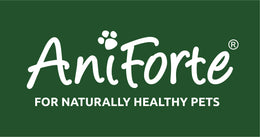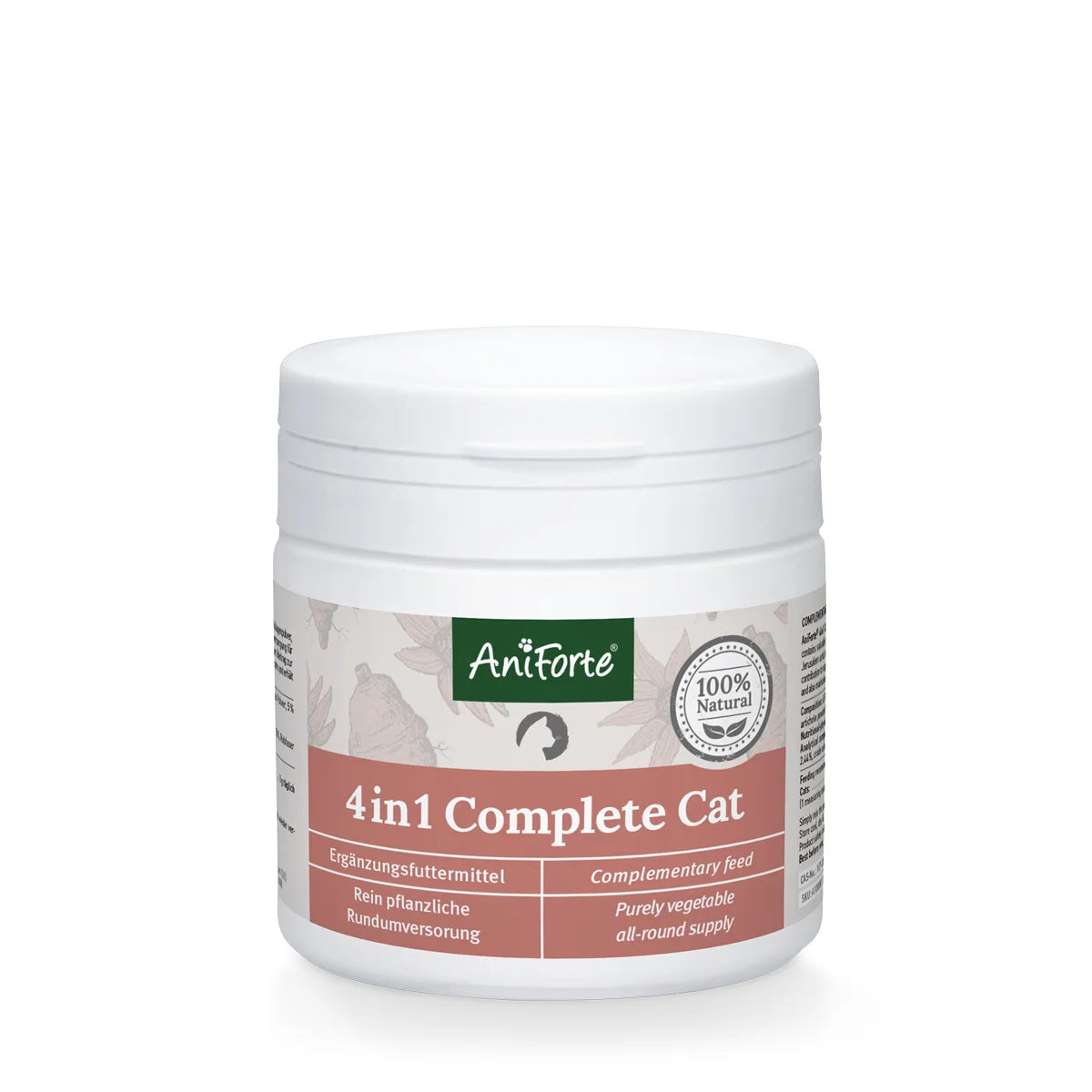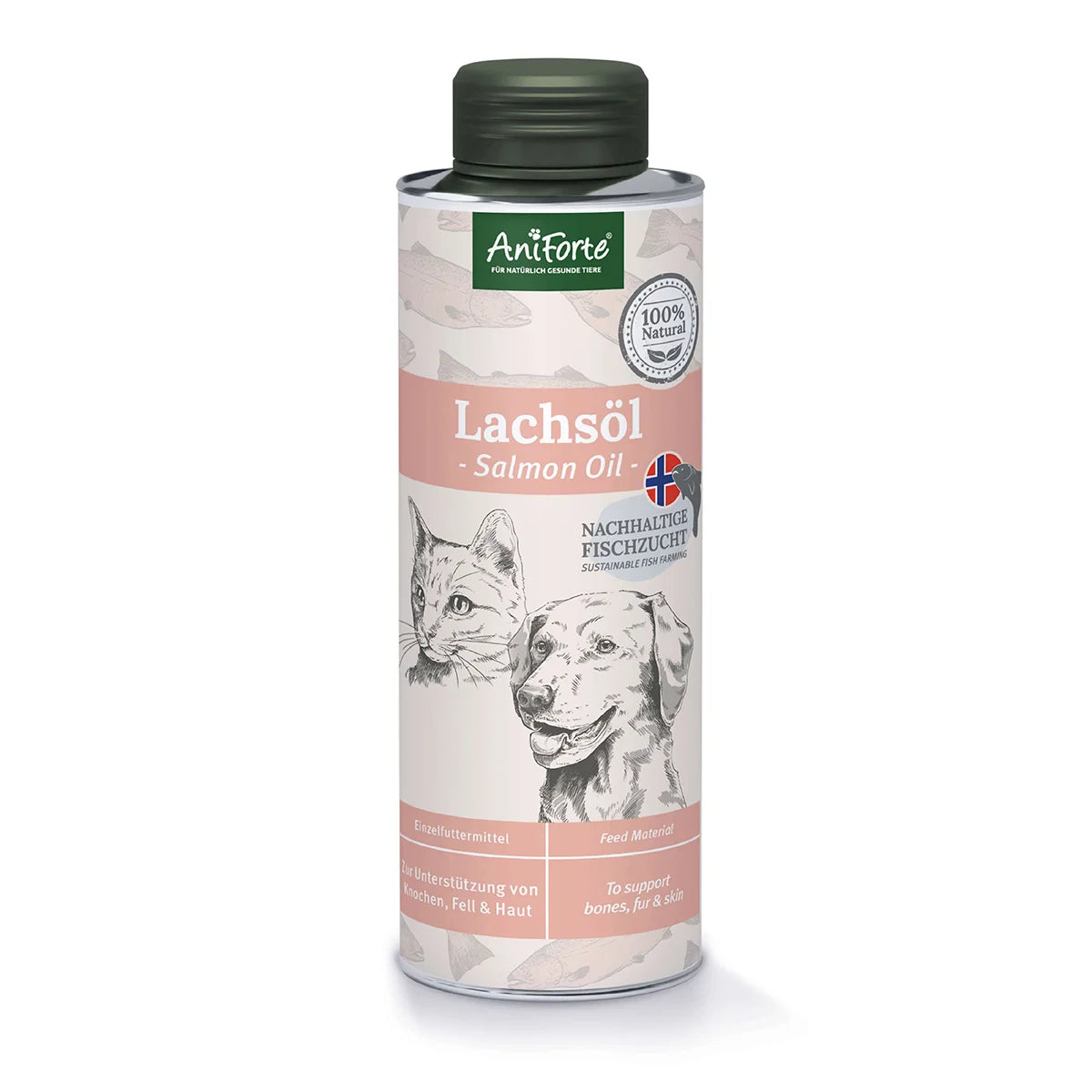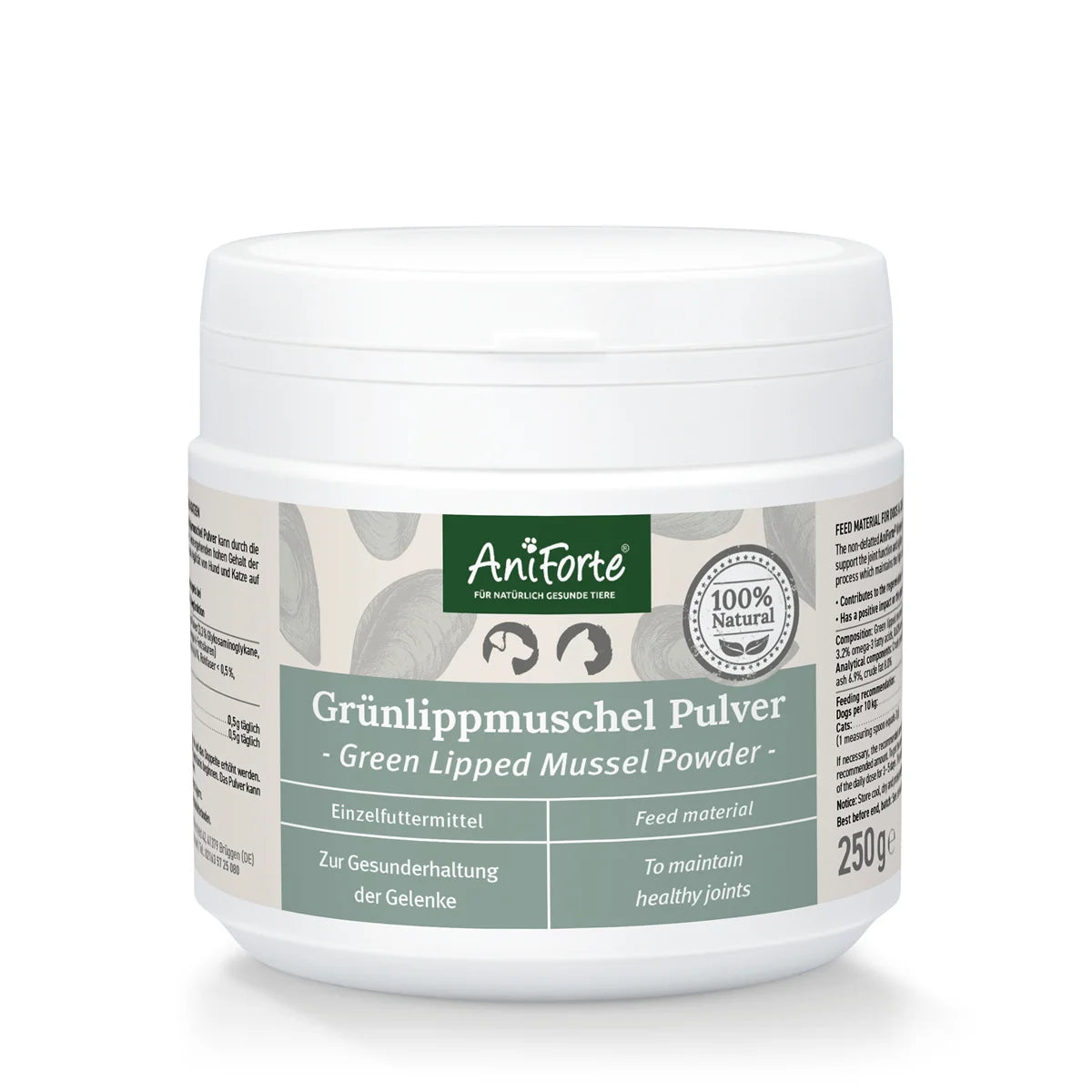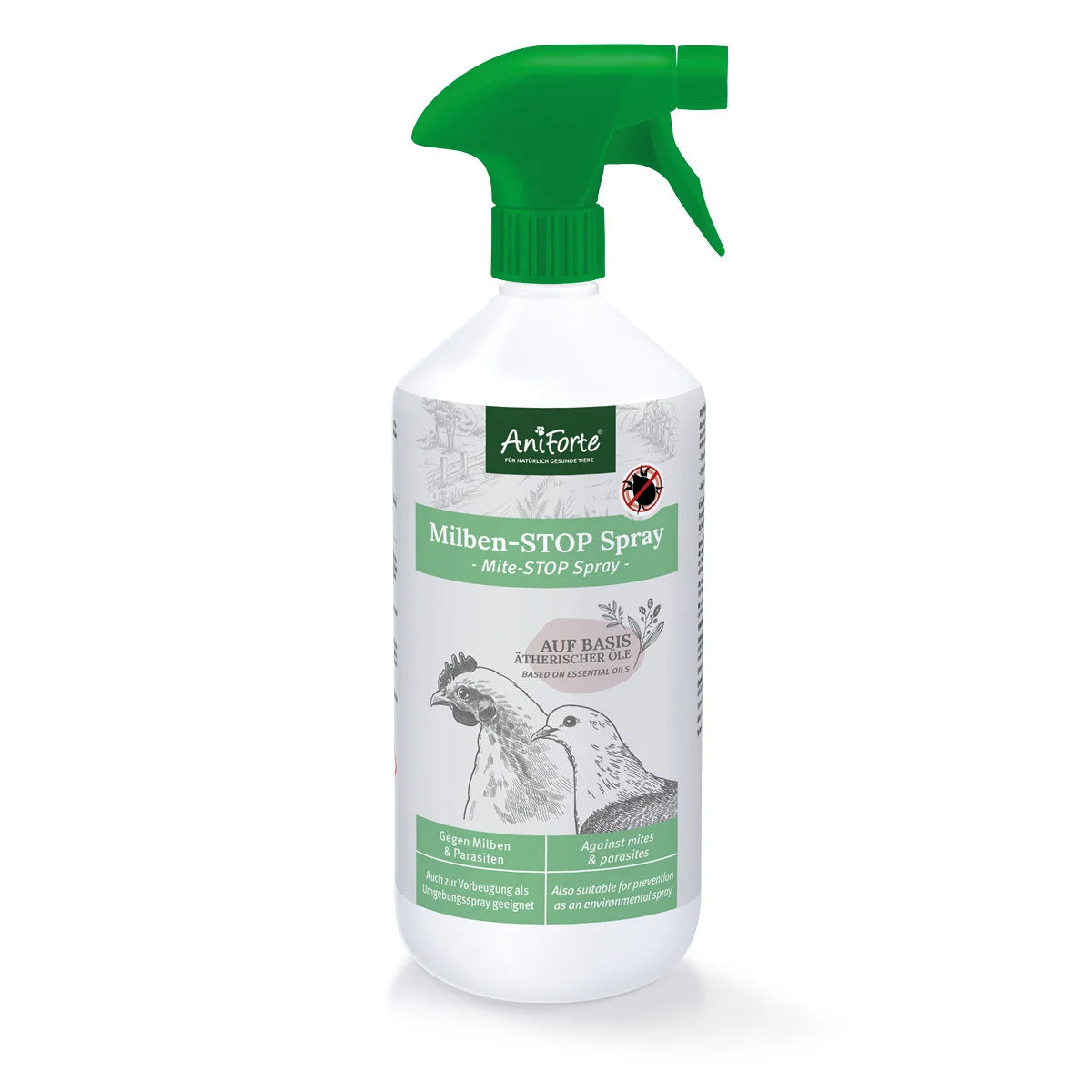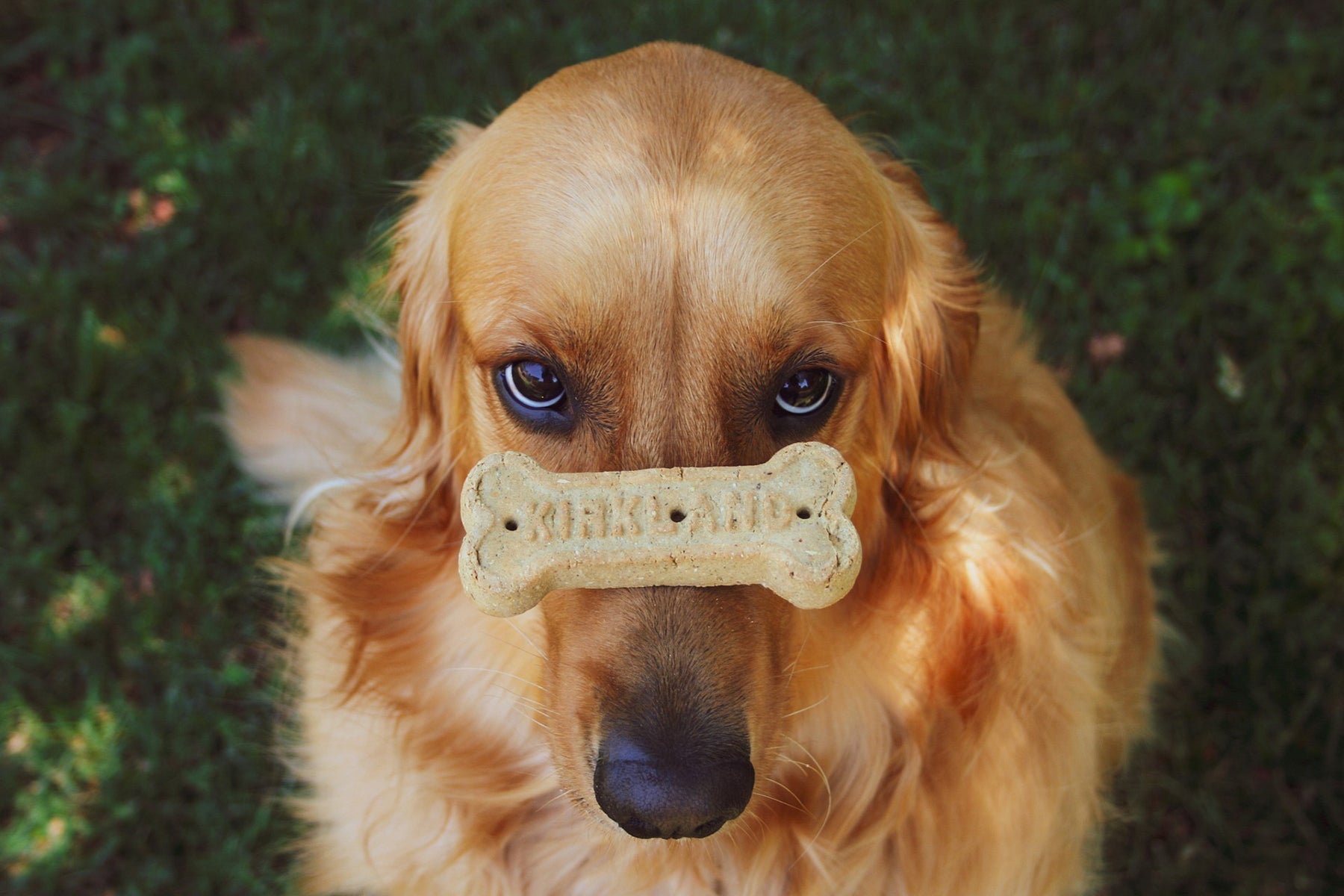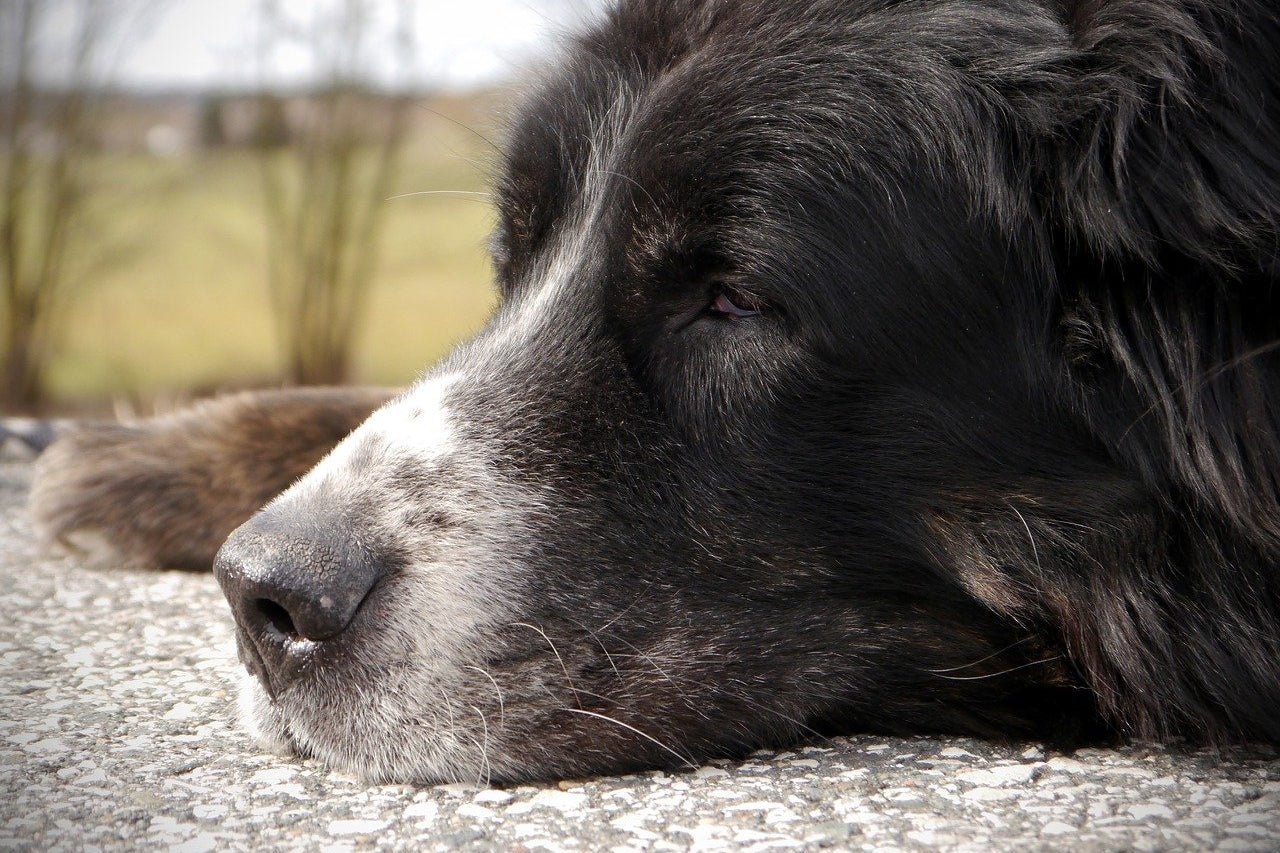
Diarrhoea is common in dogs and usually resolves in a few days. Healthy dogs typically handle it better than sensitive ones. However, it can indicate an underlying issue, so it’s important to recognise the cause and know when to consult a vet.
Identifying the causes correctly
First of all, diarrhoea is a symptom, not a disease. That means it is a sign of illness and has a cause. Intolerance to food components can also cause diarrhoea. The exact factors cannot always be determined.
Common causes of diarrhoea:
- Viral or bacterial infections (salmonella / E. coli bacteria)
- Parasites, e.g. giardia or roundworms
- Change of food
- Food intolerance / allergies
- Stress
- Disease of the pancreas, liver, kidney
- Tumors
- Thyroid disease
- Medication
- De-worming treatment
Taking care of your dog properly
At-Home Care:
When your dog has diarrhoea, they are more likely to have accidents in the house. Avoid scolding them and make sure they are able to go outside more often to relieve themselves. Ensure access to water to prevent dehydration.
We also recommend fasting the dog for 12-24 hours. If the intestinal wall is damaged, some nutrients can trigger or promote allergies or intolerances. Fasting should not last longer than two days to avoid the lack of too many nutrients.
It is best to feed several meals in much smaller quantities than normal so that the dog's sensitive gastrointestinal tract can slowly get used to solid food again.
Diarrhoea usually subsides after 2-3 days. Your dog’s strong immune system supports him in excreting the bacteria from his body. Watch your dog carefully and not leave him unattended outside. He could drink puddle water or eat grass, which only puts more strain on his compromised gastrointestinal tract.
Nevertheless, you can help your dog to get better faster. Compensate for the loss of fluids and make sure that your dog always has enough fresh drinking water available. Broth is also suitable for balancing fluids; this also calms the intestines.
You can use home remedies to relieve watery diarrhoea. Morosoup has long been used to relieve symptoms. This special food is gentle on the stomach and intestines, it supports the dog with fluid loss and provides them with lots of important nutrients that have been lost due to acute diarrhoea. AniForte® Morosan has been developed on the principle of this traditional healing soup and helps your dog with diarrhoea quickly.
The natural home remedies like Morosoup bind bacteria in the intestines and move them out of the body. In addition, the intestinal flora is supplied with important nutrients and is being restabilised. The prebiotic Jerusalem Artichoke is also vey helpful in instances of diarrhoea; it contains the fiber inulin and nourishes the “good” bacteria that healthy intestines need.
Another common natural home remedy is rice. Since rice removes additional liquid from the dog’s body during a bout of diarrhoea, it should be boiled with a lot of water until a slimy paste forms. The rice paste then settles on the gastrointestinal mucous membranes and provides additional protection. The only important thing is that you don't use basmati rice, as it doesn't make enough paste, it is best to use short grained rice.
Preventative Care
To prevent frequent diarrhoea in dogs, you can use natural products that build up the bowel. These natural remedies strengthen the intestinal lining and aid in toxin elimination. This natural intestinal rehabilitation should be carried out regularly, especially in sensitive dogs.
AniForte® Moor Mud for cats and dogs is such a natural product. It is one of the oldest natural remedies and is known for its effective action on the gastrointestinal tract. The effect of healing moor goes back to its humic and fulvic acids: They have digestive and immune-strengthening properties and form a protective shield for the intestinal mucosa. In addition, the moor absorbs toxins in the intestine and transports them out of the body. You can simply mix AniForte® Moor Mud into the feed every day for a 6-8 week booster treatment to stabilise the intestines.
Natural herbs can also be used for intestinal cleansing; they have antibacterial properties and stimulate gastrointestinal activity. Tried and tested herbs for intestinal cleansing:
- thyme
- sage
- mugwort
- wormwood
- parsley
Switching to Raw Feeding
You can also prevent diarrhoea in dogs well with a species-appropriate natural diet (raw feeding), so that an intestinal cleansing is not even necessary. Read more on BARF (biologically appropriate raw feeding) here.
When to See the Vet:
Visit the vet if diarrhoea lasts more than 2 days, is accompanied by fever, or if there’s blood in the stool. Puppies are more vulnerable and may need immediate vet care if diarrhoea persists beyond 24 hours due to dehydration risks.
If your dog has bloody diarrhoea, you should go straight to the vet or veterinary practitioner. This can be a sign that the intestine has already been badly affected. If the intestinal wall is getting damaged too badly, bacteria can penetrate the blood and trigger sepsis.
As soon as your dog gets diarrhoea, the best thing to do is to take his temperature - the normal temperature in dogs is between 37.5°C and 39°C; in very young and small dogs, the temperature is more towards the upper range. If your friend has a fever in addition to diarrhoea, you should not hesitate and go straight to the vet as there may be a more serious illness present. The vet will take the necessary action and run some tests. He may do a blood count and check the stools for possible parasites or bacteria.
